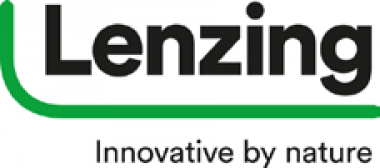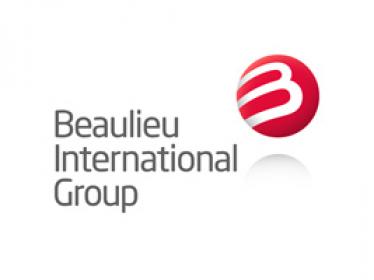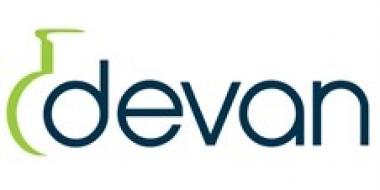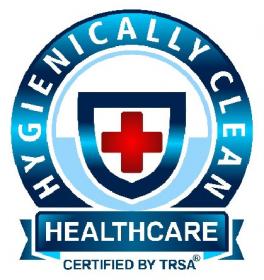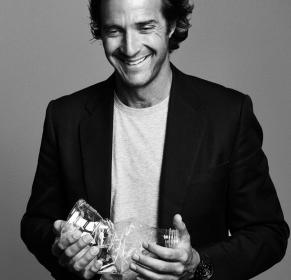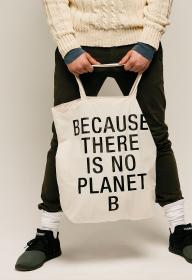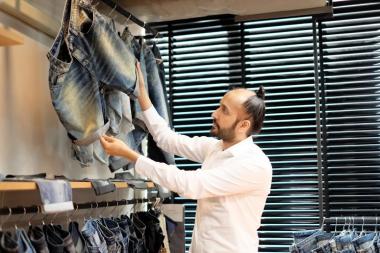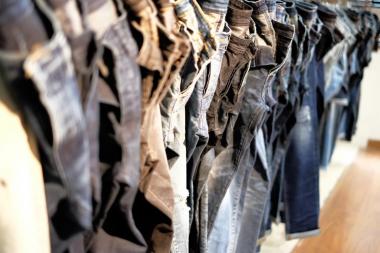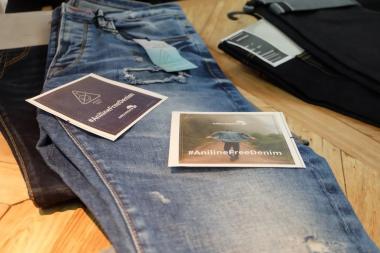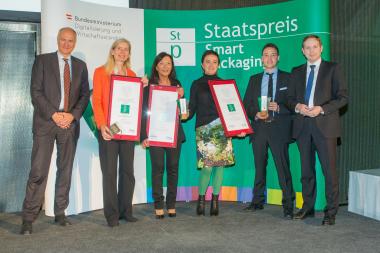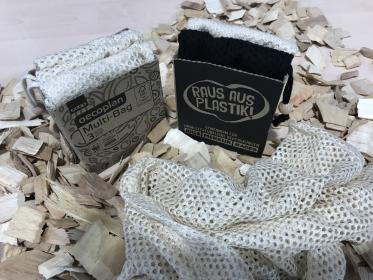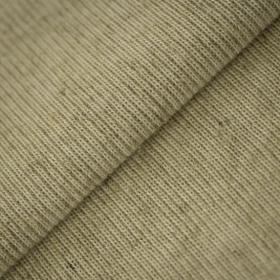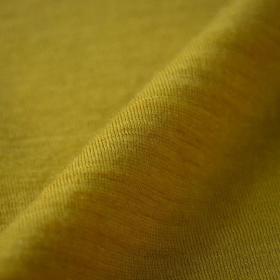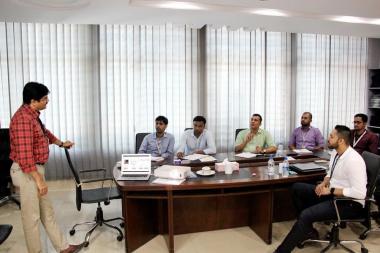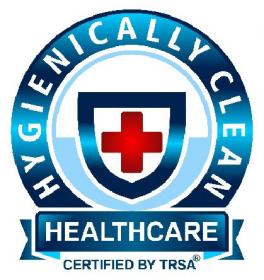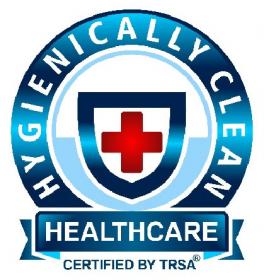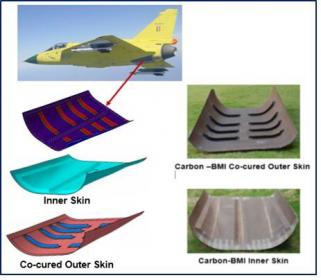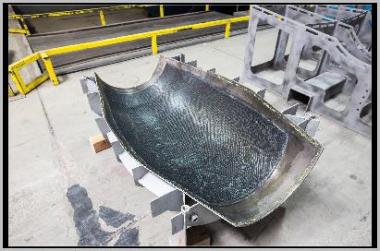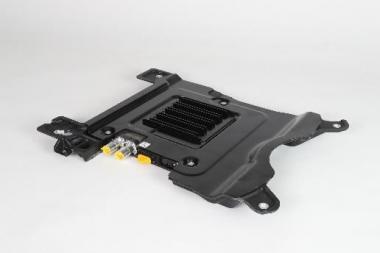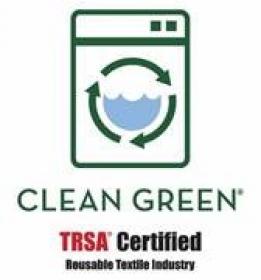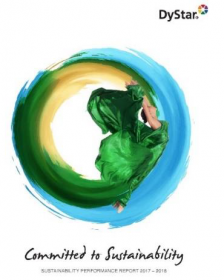Devan launches two new sustainable technologies
Textile innovator Devan Chemicals will launch two new technologies at the upcoming Techtextil show in Frankfurt (May 14-17). Bio-flam, a bio-based flame retardant product and Odour Breakdown, a wash durable, non-biocidal odour control solution.
As tradition goes, every two years Devan participates in Techtextil, the leading international trade fair for technical textiles and nonwovens. In the quest for sustainability and transparency every company faces these days, the new Devan technologies offer answers to product developers and portfolio designers.
Bio-flam
Some facts & figures: There are at least 5000 fire incidents each day in the EU. Yearly, about 70 000 people are hospitalised with fire-related injuries. Fires cause pollution. So sustainable fire performance of products is an economic, environmental and human necessity. Take the example of mattresses: tests indicate that when on fire, non-FR treated products give less than 5 minutes escape time. Unfortunately, that is not enough time for the fire brigade to arrive. Needless to say that to increase escape time, to reduce the risk and to save lives, products need to be flame retardant. The challenge is to obtain flame retardant properties in the most natural way, to find the right balance between safety for the people and for the planet.
Companies can do this by replacing raw materials from a non-renewable source, by bio-based FR treatments, which are made from renewable sources and do not contain halogens or heavy metals, as described in the norm EN 16785 1:2015. Bio-based FR treatments, like Bio-flam, are made from renewable, vegetable sources and enable the FR treated products to be biodegradable. The active components are 100% halogen- and heavy metal-free. A welcome innovation for the bedding industry, as the European Commission requires mattresses to be recyclable by 2030 in order to reduce landfill.
Bio-flam P307 is the first introduction in the new Devan BIO-FR family, and is biodegradable and is developed to be used on 100% cotton or cotton/viscose mixtures, in order to create an ecological concept, safe for people and planet, whatever might happen. Bio-flam P 307 is developed for mattress ticking to pass EN 597 1&2. The Devan researchers are developing other bio-based products for other market segments and for other fire standards.






